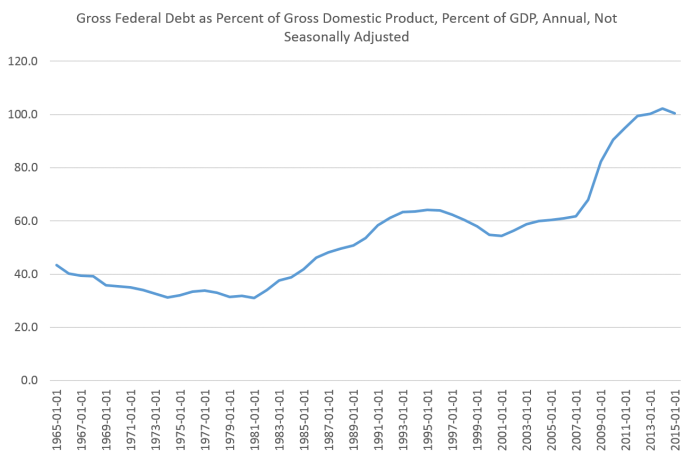What the Atlanta Highway Collapse Signals about American Infrastructure – Article by Lili Carneglia

Atlanta is already known for having some of the worst traffic in the world, and the recent collapse along a major interstate will only make congestion worse. On March 30, in the middle of rush hour traffic, a fire began under the I-85 Northbound that quickly erupted into a massive blaze, eventually causing a section of the bridge to collapse.
Less than 24 hours later, with the rubble still smoldering, the US Department of Transportation announced a $10 million award to begin emergency repairs. Despite the quick response from the DOT, it will take millions more dollars before I-85 can resume carrying 400,000 vehicles daily.
With the nation’s Highway Trust Fund rapidly approaching insolvency, the I-85 collapse and the subsequent Atlanta traffic chaos exemplify the overwhelming cost and inefficiency of public infrastructure in America.
Why So Expensive?
In the United States, transit projects are chronically expensive and time-consuming. The country’s outdated method of allowing most highways to fall under federal care, and cumbersome regulatory obstacles, is part of the reason that we continue to lag behind when it comes to international standards. Regulatory burdens also contribute to other countries’ outranking the US when it comes to securing construction permits, making new projects and maintenance even more complicated.
Policy relics of the Obama administration weigh particularly heavy on this type of progress. Specifically, Executive Order 13502, which encourages labor agreements for federal construction projects. Because these agreements require union labor, this E.O. severely limits the number of firms that can accept a federal contract, since only 13.9 percent of the construction workforce is unionized. Additionally, many researchers have found that this practice is estimated to increase the costs of projects anywhere from 13-18 percent.
As the small fraction of construction firms that benefit from this order continue to lobby for similar policies that land them more federal projects at the expense of taxpayers and industry innovation, we can expect the cost of infrastructure projects to continuously rise.
This issue is nothing new, with politicians from both sides of the aisle eager to point fingers and offer their own solutions. President Trump is no exception. He has made a repeated pledge to invest $1 trillion in the nation’s infrastructure. While the Trump administration has announced that those plans will be revealed later in the year, the details, including the amount of federal funding available for the project, remain a mystery. In part due to this opacity, most people remain skeptical of promises, released alongside a proposed budget, that would cut DOT spending by 13 percent.
However, even if the Trump administration were to pump $1 trillion of pure federal funds into infrastructure projects, it would do little to fix the country’s severely broken system. The best chance of improving America’s infrastructure lies in removing the red tape standing in the way of private firms when it comes to federal projects – or better yet, ending the government monopoly on transit altogether.
Corporate Welfare
One of the most promising international trends in infrastructure development involves moving away from public transportation and towards private transit systems. The Organisation for Economic Co-operation and Development (OECD) reports that in many countries, private investment in infrastructure is on the rise as government investment declines due to “constraints on public finance and recognized limitations on the public sector’s effectiveness in managing projects.” The US should take note of the global trend.
Transitioning to privatization is quickly becoming a necessity in the face of rapidly-expanding maintenance costs and Trump budget cuts. Even without the option of public funding, privatization offers massive benefits for taxpayers.
Some of the biggest users of public roads, like logistics companies, create billions more dollars in transportation expenses than the average car-owner. However, road costs are passed on to taxpayers en masse, subsidizing companies that use public roads the most. The current system effectively results in corporate welfare. Private toll roads help mitigate the unfair cost burden and appropriately account for maintenance.
American infrastructure is on the brink of complete disaster. While the I-85 collapse was an unpredictable event, prior to last month, the road was not even listed among the 56,000 structurally deficient bridges in the country. Infrastructure expenses will continue to drain federal and state budgets until public funds can no longer keep up. Sudden highway collapses are a disquieting reminder of what is at stake if we fail to change the way the US approaches transportation.
Lili Carneglia is a student at the University of Alabama where she is getting a joint bachelor’s and master’s degree in Economics. She is a Young Voices advocate.
This article was originally published on FEE.org. Read the original article.





